Have you ever stopped to think about what ingredients are in your body wash? You may not have, but it is something that should be considered. Some ingredients could cause allergic reactions and other unwanted side effects.
This blog post will discuss ingredients to avoid in body wash.
Why It’s Important To Check Your Body Wash Ingredients
When you choose any type of product – whether for your skin, body, or your home – it is essential to read the ingredients and product labels. The ingredients of a product play an essential role in how effective and safe they are, so knowing what ingredients you’re putting on yourself can be very beneficial.
Some ingredients, especially those from toxic chemicals, could cause unwanted side effects that might disrupt your life and day-to-day living habits. These can also contribute to more severe conditions such as difficulty breathing or even cancer.
10 Ingredients To Look Out For In Your Favorite Body Wash
Commercial body washes smell great and keep you squeaky clean from head to toe. However, most of the ingredients found in traditional liquid soaps and shower gel can harm your skin or contribute to more severe conditions such as cancer in the future.
To keep your skin healthy and looking great, you need to avoid these harmful chemicals.
Below is a list of ingredients to avoid in your body wash.
Sodium lauryl sulfate
Sodium lauryl sulfate (SLS) is used as a cleaning agent in body washes and other personal care products.
However, the ingredients used for these bubbles are harsh on your skin as it dries out your natural oils from the epidermis – not allowing your skin to retain moisture.
In addition, SLS can irritate the skin and cause allergic reactions, rashes, dry skin, hives, redness on your face or lips. This ingredient is also associated with cancer-causing agents that are linked to brain tumors.
Sodium Laureth Sulfate
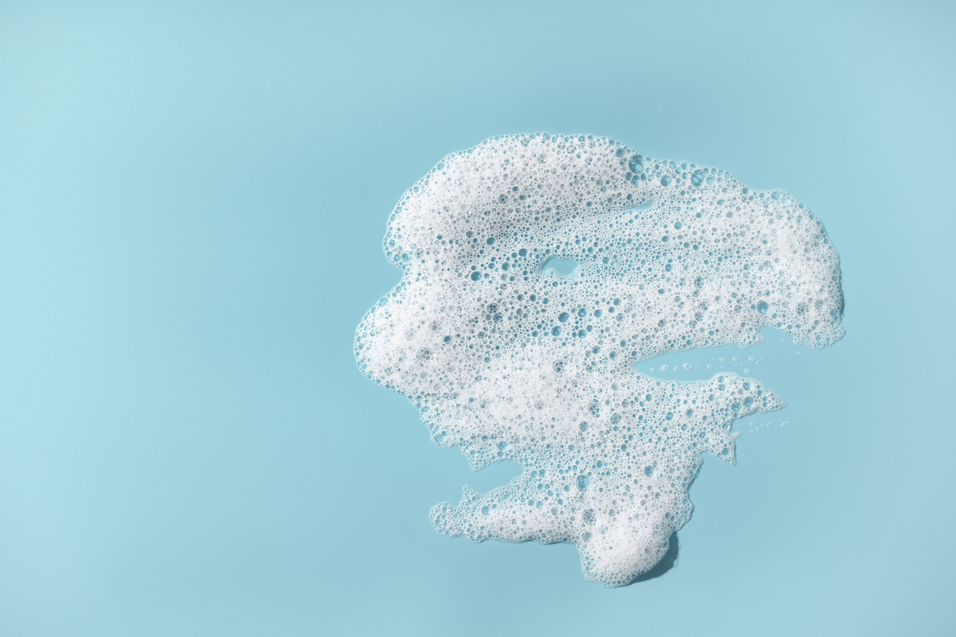
While most people associate Sodium Laureth Sulfate with Sodium Lauryl Sulfate, they are entirely different chemicals.
Sodium Laureth Sulfate comes from SLS, but it is less irritating. It can be found in many products such as shampoos, toothpaste, and body washes.
However, it can still cause many side effects, from skin irritation and contact dermatitis to more serious conditions such as cancer.
Parabens
Parabens help preserve ingredients in your body wash, making them last longer.
While parabens have been used for many years in skincare products, there have been concerns about it being a carcinogen that can cause an increased risk of breast cancer. They have also been linked to infertility issues and birth defects if used during pregnancy or breastfeeding.
In addition, parabens are also considered endocrine disruptors, which can affect the production of healthy hormones in your body.
Phthalates
Phthalates are synthetic chemicals that manufacturers add to make fragrances last longer in products. They are most commonly found in hair sprays, lotions, nail polish, and body wash.
However, these ingredients are associated with many health issues such as hormone disruption and birth defects.
Phthalates have also been found to cause liver damage in animal studies. These ingredients can be absorbed through the skin, which is why it’s important to avoid them when shopping for body washes.
Retinyl Acetate
Retinyl Acetate is a type of Vitamin A that manufacturers add to personal care products such as body washes and lotions as a skin conditioning agent.
However, retinyl acetate is not safe for you since it might cause hormone disruptions and cell damage in the skin.
In addition, vitamin A ingredients are also associated with birth defects when used by pregnant women or breastfeeding mothers.
Lead
Lead is a toxic chemical that can cause a wide array of health issues such as hormone disruption, cancer, and birth defects.
You might not find ingredients like lead in body washes. However, it is still essential to watch for ingredients on the label because they are often hidden under different names. For example, you may see ingredients labeled as Sodium Benzoate, which is a compound containing lead.
Fragrance
The ingredients used to make fragrances in body washes and personal care products are considered trade secrets, so manufacturers do not have to disclose them on the label.
However, you should avoid any product that contains ingredients with “fragrance” listed on the ingredients label.
In addition, fragrances can often cause allergies and even trigger asthma attacks for people who are sensitive to them. It is also a skin irritant and has been known to cause headaches and nervous system damage.
Formaldehyde
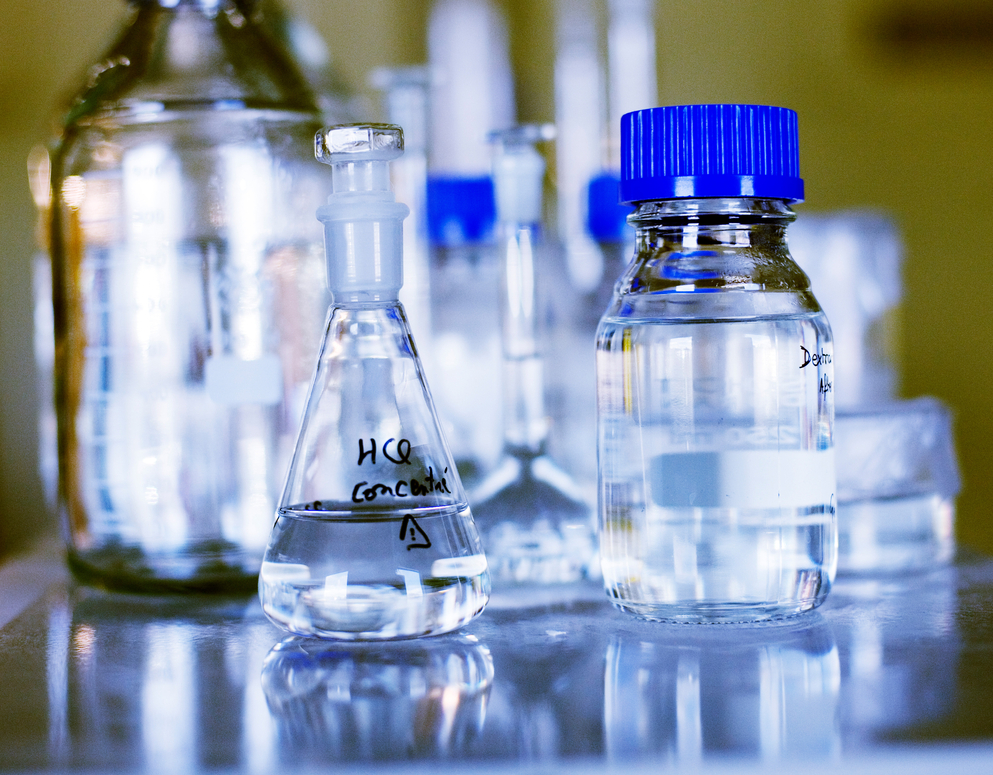
Formaldehyde can often be found in ingredients such as DMDM Hydantoin, Imidazolidinyl Urea, or Diazolidinyl Urea. This chemical preservative causes allergic reactions and skin irritation.
It is also a human carcinogen that has been found to cause nasal cancer in animal studies.
Triclosan
Those with sensitive skin should stay away from ingredients such as triclosan since it is a skin irritant and can cause an increased risk of cancer. This ingredient can be found in antibacterial soaps, facial cleansers, and other beauty products.
In addition, this ingredient is an endocrine disruptor that may affect healthy hormone production in your body. It also affects thyroid function, leading to weight gain or issues with losing weight for some people.
Alcohol
Alcohol may not seem harmful like other chemicals listed in this article. However, you should still aim to avoid it, especially if you have sensitive skin.
Alcohol can cause dryness and irritation, which can lead to rashes, redness, or breakouts.
In addition, some ingredients such as benzyl alcohol may form nitrosamines when combined with other ingredients in a product that contains nitrogen. Nitrosamines are found to have a carcinogenic effect on the body.
Resources You Can Use To Identify Toxic Chemicals In Body Washes
If you are still unsure about ingredients in your body wash, there are some resources on the internet that can help you search for chemicals to avoid, such as The Environmental Working Group, Centers for Disease Control and Prevention, and National Library of Medicine.
For instance, The Environmental Working Group has a site called Skin Deep Database where you can search for brands and cosmetic products that contain ingredients and chemicals you should avoid.
This website also has ingredients listed under different categories, so you can look up how toxic they are by clicking on the ingredients.
Another resource is the National Library of Medicine’s Toxnet Database, which can help you identify ingredients in your products that may cause health issues and their effects on the body.
Where to buy a body wash with zero chemicals?

If you are ready to make a switch and want to buy a body wash free from harmful chemicals, you might want to consider Peet Bros’ Shea Butter Bar Soap.
It is made from natural ingredients that are carefully selected so you can use it every day without worrying about the chemicals in your body wash.
Made from ingredients such as raw shea butter, coconut oil, and rosemary extract, this body wash nourishes the skin while also cleansing it.
Peet Bros’ Shea Butter Bar Soap can help remove dirt from your face or other parts of your body quickly without stripping away moisture like other harsh ingredients found in some commercial soaps.
It comes in five different scents; Unscented, Coconut Vanilla, Argan & Sandalwood, Charcoal, and African Black.
Final Thoughts
Body wash and shower gel are among the most common skincare products that people use every day.
However, it is crucial to know what you’re putting on your own skin to avoid ingredients that can harm your health.
You should always be careful when choosing anything for yourself, whether they’re cosmetic products like makeup, laundry detergent, and dish soap because these products often come into contact with your body’s largest organ-your skin!
If you choose wisely and take care of yourself by using natural products whenever possible (or at least checking out their ingredient list), then you’ll avoid potential health risks associated with some other common ingredients found in skin care products and household goods.

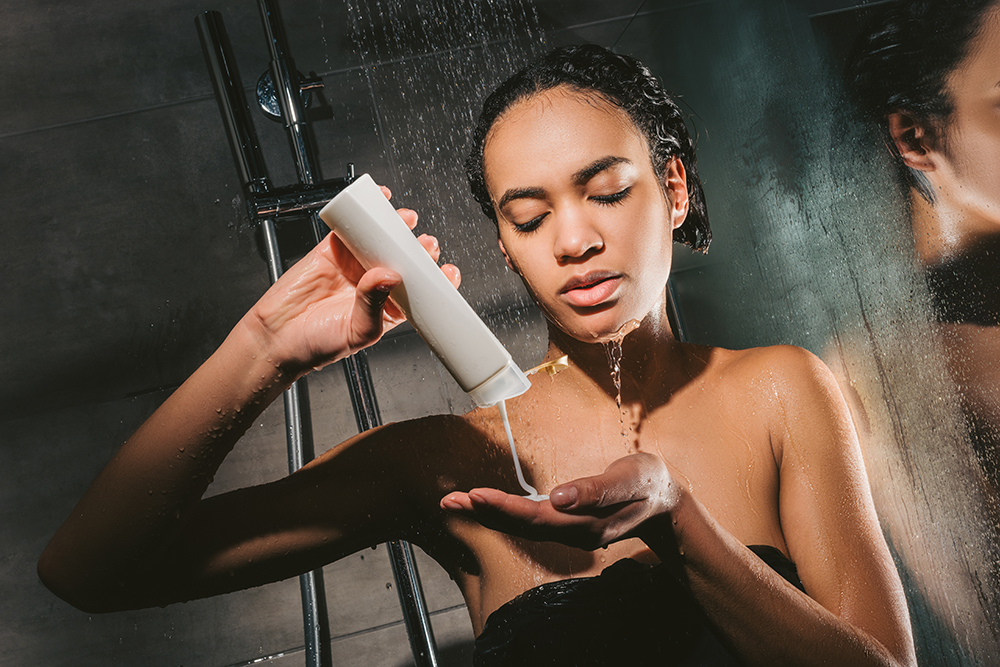


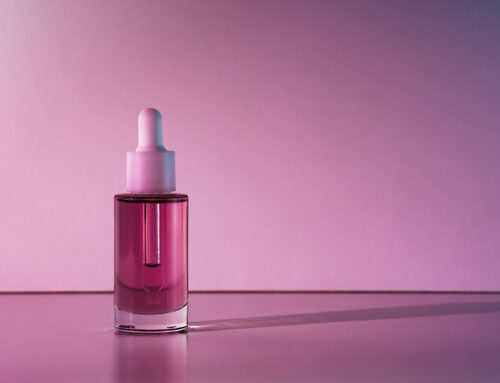
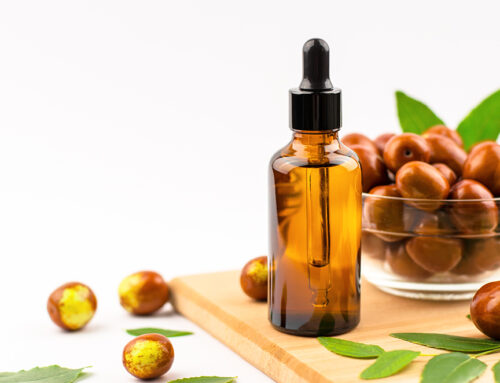
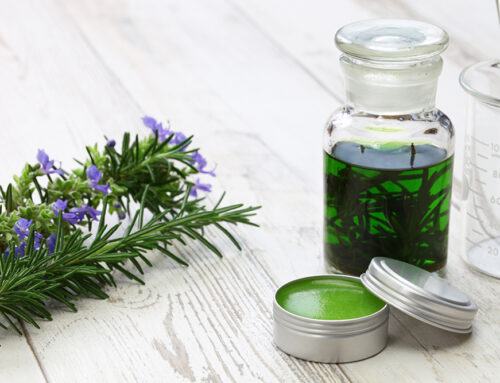
Leave A Comment